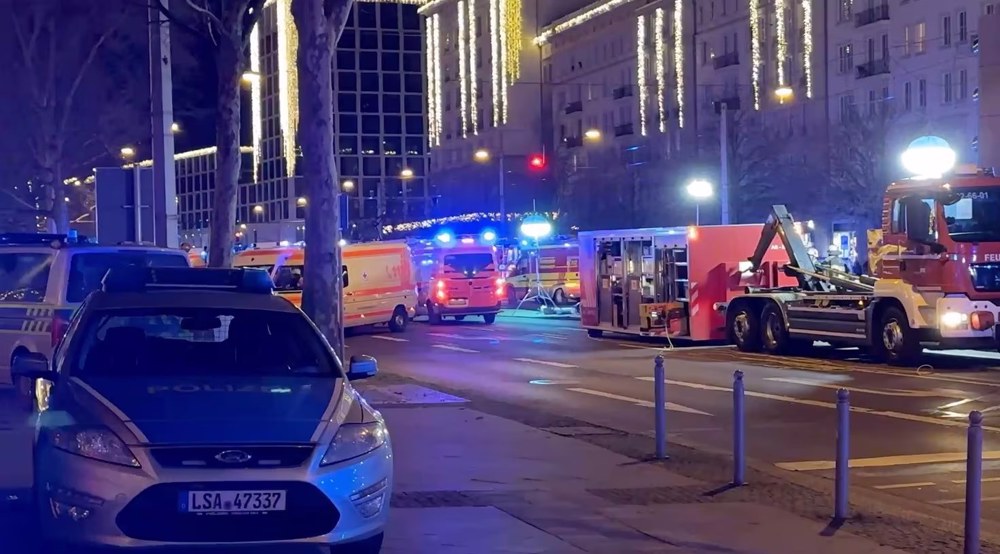Germany sending refugees to Austria in hundreds: Police
Austrian police authorities say Germany has been sending a few hundred refugees back to Austria, its southern neighbor, every day since the start of 2016.
“Since the New Year, it’s been about 200 a day, trending higher,” a spokeswoman for the police in the province of Upper Austria said on condition of anonymity.
“German politicians seem to have decided to act with more firmness. The difficult thing is to explain if a migrant asks: Why can’t I travel further now if my friend could still do it last week?” she said.
The spokeswoman said a great proportion of the people sent back to Austria come from Afghanistan, Iraq and Morocco.
Austria itself deported hundreds of migrants back to neighboring Slovenia in December 2015 on the ground that they had allegedly lied about their nationality in a failed attempt to be granted asylum.
In a separate development, gangs of unidentified men have assaulted a group of Pakistanis and a Syrian man in Cologne amid tensions over a rash of sex assaults on women in the western German city.
Those attacks have been largely blamed on foreigners of Arab or North African origins and played up by the media.
Cologne police said a gang of around 20 men attacked at least six Pakistani nationals on Sunday, and two of the victims were briefly admitted to hospital.

Five men later attacked and injured a man of Syrian descent in a separate attack.
Local media said the assailants were members of hooligan gangs who organized a meeting in downtown Cologne to plan a “manhunt” against foreigners.
Scores of women were reportedly sexually assaulted or robbed by gangs of men during New Year’s celebrations in Cologne.
At least 31 people have so far been charged in the attacks. Eighteen of the defendants have been identified as asylum seekers.
Merkel: Europe vulnerable
Also on Monday, German Chancellor Angela Merkel said Europe is “vulnerable” in the face of the growing refugee crisis as it lacks the necessary means to be favorably in control of the situation.
“Now all of a sudden we are facing the challenge that refugees are coming to Europe and we are vulnerable, as we see, because we do not yet have the order, the control, that we would like to have,” Merkel said.

Europe is facing an unprecedented influx of refugees who are fleeing conflict-ridden zones in Africa and the Middle East, particularly Syria.
Many blame major European powers for the exodus, saying their policies have led to a surge in terrorism and wars in the mentioned regions, forcing more people out of their homes.
Officials in European countries are struggling to forge a united response to the record numbers of refugees.
According to figures released by the International Organization for Migration (IOM), more than one million refugees have reached Europe’s shores so far this year.
More than 3,300 people have either died or gone missing in perilous journeys to Europe.
VIDEO | Iran-Syria: For Resistance
Qassam Brigades claims killing 3 Israeli troops in northern Gaza
More alive than ever: Sayyed Hassan Nasrallah's legacy grows stronger in martyrdom
Occupation of Syria’s highest peak Mount Hermon part of ‘Greater Israel’ project
Iran: Syrian people will decide their future without foreign interference
IRGC says Iran’s power exceeds borders, warns enemies to adjust themselves
Dozens detained, several wounded in Israeli raids in West Bank
‘Ethnic cleansing’: Hamas blasts Israeli attacks on Gaza hospital amid intl. silence



















 This makes it easy to access the Press TV website
This makes it easy to access the Press TV website